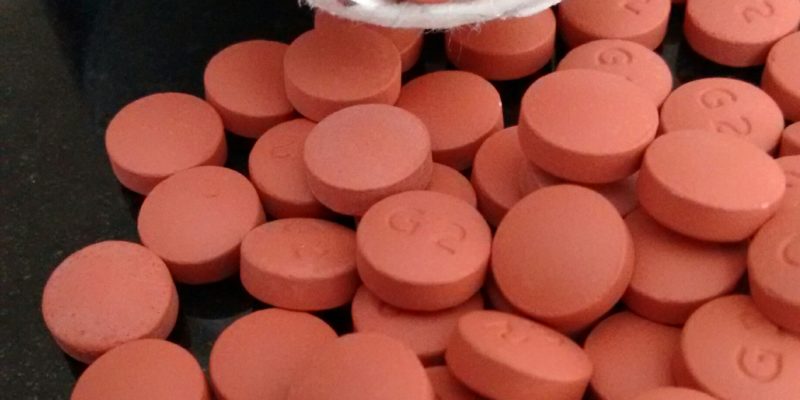Just a few decades ago, a nip of baking soda was all you used for annoying stomach acids. Today, a multi-billion dollar industry hawks antacids, histamine (H2) blockers, and proton pump inhibitors (PPIs) across vast shelves in drugstores, supermarkets and warehouse stores.
Snake oil or wonder drugs?
Clearly, these popular remedies are effective at neutralizing stomach acids. If acid backwash coats the esophagus too often as in GERD, injury can lead to inflammation, cancer and other diseases.
Quick chemistry review:
- Antacids are alkalis which handcuff acids; indicated for short-term use with heartburn.
- H2 blockers deplete acids by blocking histamine which stimulates them.
- Proton pump inhibitors (PPIs) block certain acidifying protons and may also heal damaged stomach lining.
Yet in spite of effectively reducing stomach acids, some pharmaceutical remedies are leaving a bitter taste. If antacids and H2 blockers are used properly and for short periods, few side effects follow. But PPIs can present serious and long-term damage: osteoporotic-related fractures, Clostridium difficile infection, community-acquired pneumonia, vitamin B12 deficiency, kidney disease, and dementia.
Risks come with most medications but they should not outweigh the benefits. A disturbing development: the tens of millions who now down PPIs as routinely as their morning coffee–many for decades. The majority of studies in one review showed questionable PPI use with 62.9% of patients having no documented gastrointestinal complaints, gastrointestinal diagnoses, or concomitant high-risk medications necessitating use of a PPI. Their use has soared across the globe, concerning when much may be unwarranted.
Why so many?
Modern ills mostly: processed foods, obesity, stress and microbial messes.
Natural methods exist that can reduce acid reflux and pain associated with it:
First line of attack should be the following: Eat meals at least two to three hours before going to bed; eat slowly; lose weight; stop smoking; avoid alcohol; avoid heartburn triggers including: peppermint, chocolate, caffeine, citrus fruits or juices, tomatoes, and fatty foods.
In a Journal of Clinical Gastroenterology and Hepatology paper titled Using Probiotics Instead of Pharmaceuticals to Treat Gastrointestinal Disorders, Heidi Rowles explored healthier alternatives.
“Physicians and patients need to explore the possibility of using probiotics to treat gastrointestinal disorders in place of using pharmaceuticals that can have very serious, and potentially deadly, side effects.”
Specific strains are under investigation which Rowles describes in her literature review cited above.
Probiotics may help by fending off harmful bacteria and maintaining integrity of mucosa exposed to excess acid. And to protect against bacterial overgrowth caused by the popular drugs used to reduce acid? Studies indicate that probiotics reduce overgrowth of pathogens.
In conclusion, given the number of potential adverse effects associated with long-term use, adults should be evaluated for the need for continued use of PPI therapy. Use in children should be reconsidered as it may set the child up for a lifetime of dysbiosis.
And remember, stomach acids have a purpose and it’s not to irritate us.

